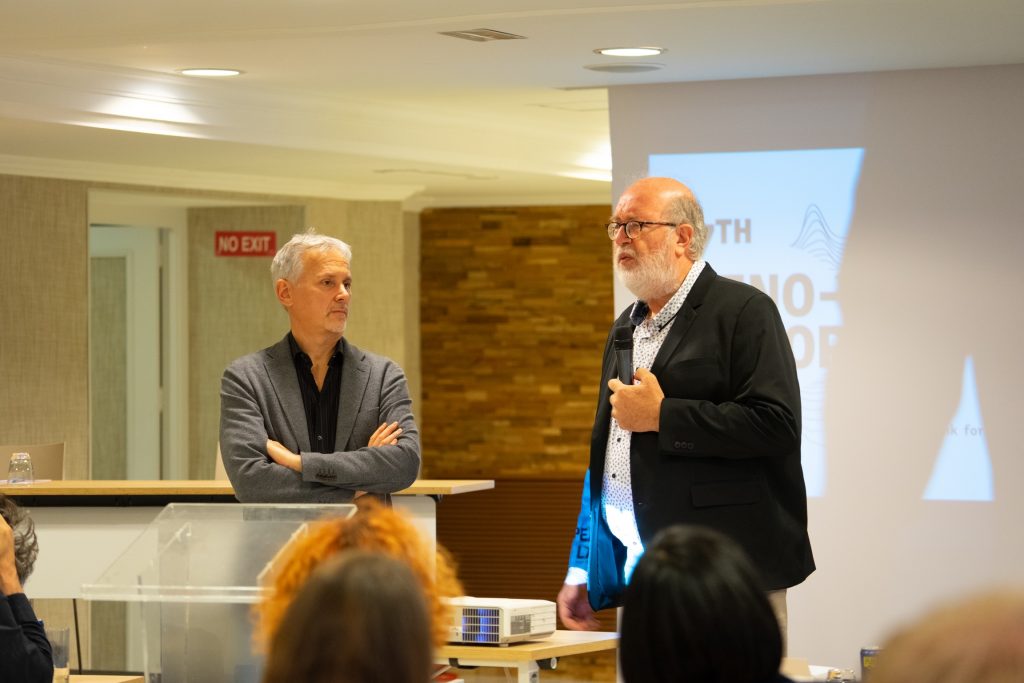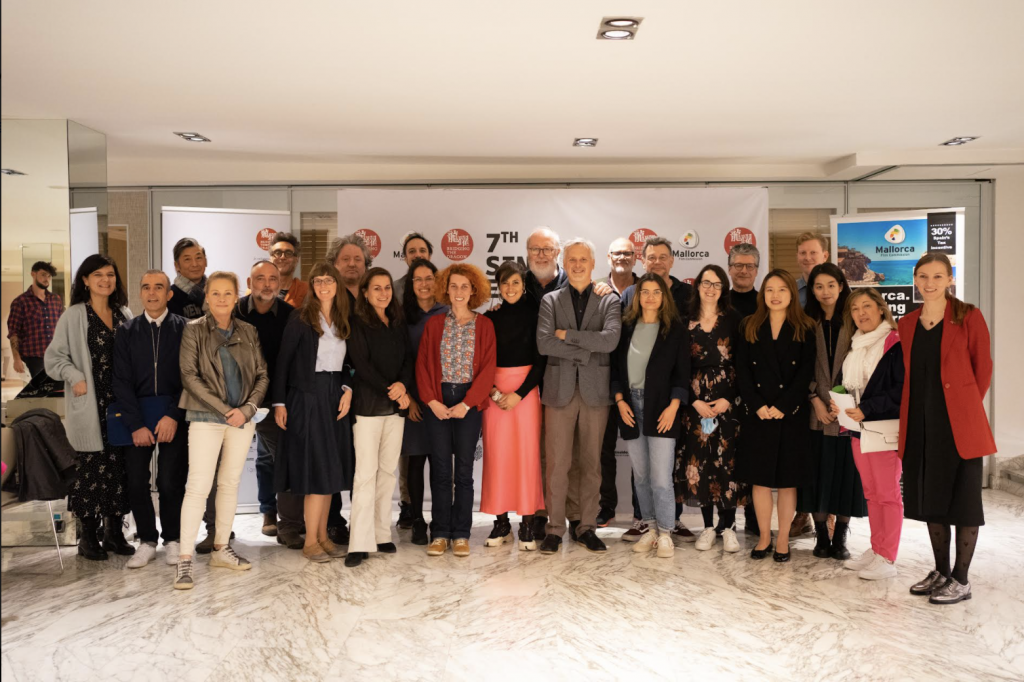
The various possibilities of Sino-European collaboration and the latest trends of Chinese film market were explored at the 7th Sino-European Lab organized from 28th November to 1st December by producers’ association Bridging the Dragon and hosted this year by the Mallorca Film Commission.
Known for being the only think-thank focusing on this pioneering topic, the 4-days intensive workshop took on an innovative hybrid form connecting a selection of China-focused European producers with their Chinese counterparts. Among them, representatives from German conglomerate Pantaleon Films, the production company of Matthias Schweighöfer, who starred in the recent Netflix hit Army of Thieves; leading Russian animation company Wizart Animation owner of the Snow Queen franchise; Red Bull’s production arm Terra Mater Factual Studios (Austria); Latino series producer Dynamo, known for its series on Netflix Narco and Spanish genre specialist Filmax.
Generally speaking, in the last few years geopolitical tensions, the tightening of censorship and increase of local nationalism, the lock down which has isolated the country from the rest of the world, only made the Chinese market more remote from the Western one. Although still trying to recover from the pandemic, this year the local box office accounted for about 85% of local product, a figure never seen before in recent years. Co-productions and import films have been at their lowest. So, not surprisingly, at the center of the many discussions was the analysis of what kind of contents have a chance in the current Chinese market and what developments we can expect in the near future.
Patriotic dramas which portray Chinese characters as heroes and tear-jerking comedies are the major trends, as evidenced by the two highest-grossing films of this year, The Battle at Lake Changjin and Hi Mom. They represent two sides of the climate in the country: a desire to see China being acknowledged as a successful and leading country or the frustration of young migrated urban white-collars who prefer watching a film that allows them to escape and release their emotions for a while, a chicken soup for the soul.
Beyond this, there is a growth of other genres such as animation, fantasy, science fiction, a sign of the increasing maturity of the industry. But in general, strong emotions have become a keyword in Chinese cinema. No wonder that short videos of audience reacting emotionally in theatres and spread on the socials have become a fundamental marketing tool.
As Patrick Huang CEO of Flash Forward Entertainment, well-known Taiwanese film production and distribution company (The Road to Mandalay, the recent Cannes presented Moneyboys), pointed out, one of the main reasons why co-production hardly worked in China and even less now, is that their stories could not be perceived by Chinese audience as authentic, one of the most striking cases being that of Disney’s Mulan, which received a lukewarm reception, though starring popular Chinese stars.
A true understanding of the local culture is a fundamental element for success and that’s why it was repeatedly stressed that having a reliable local partner and the major involvement of local creative heads is crucial as much as identifying the target audience. Rarely co-production movies have managed to be a big success both in China and the West and the producers should decide from the beginning which primary audience they are trying to engage.
Another rising trend is that of remakes, which provide a quick step into production for this content-hungry industry. As Cai Gongming, who has successfully introduced to China art house jewels such as Shoplifters or Capernaum, noted, in addition to original films, there have been an increasing number of remakes of foreign comics, novels, TV series and films. Many of them come from Korea or Japan, as their aesthetics are already closer to the Chinese taste. But there has been a growing attention to Europe which is cutting for itself a new special place in partial replacement of Hollywood.
The conclusions of the Lab were that, although the climate in the Chinese industry is going through a cold winter, also affected by the crisis of real estate conglomerates and media companies, movie theatres are still being built at an incredible speed and a large audience is still there. What we might expect by the end of next year is an easing up of policies and the reopening of exchanges.
From the perspective of European filmmakers, building bridges with this growing market is still strategic as much as to communicate across cultures in order to avoid isolation.






